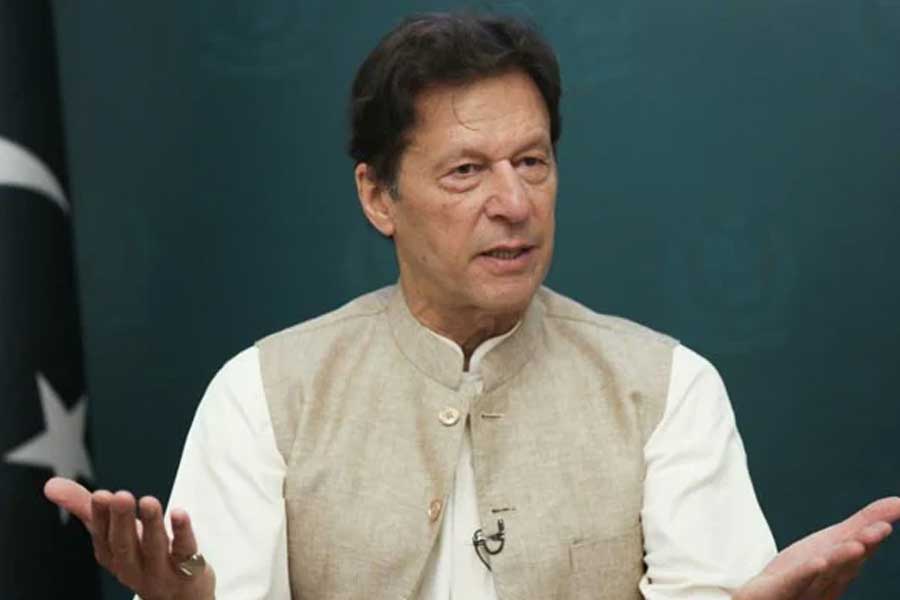Days after voting ended in Pakistan’s 12th general election, the country was left grappling with the results that seem to have stunned political pundits. Two former prime ministers, Nawaz Sharif and Imran Khan, have both claimed victory, though neither is in a position to form a government on his own. Mr Khan, who is imprisoned and sentenced in multiple cases, is legally barred from running for political office. As political parties engage in hectic parleys and candidates file legal challenges against alleged electoral manipulation during the polls and the subsequent counting process, a clear winner has already emerged: the ordinary people of Pakistan. Even by the standards of a country where the powerful military has never really allowed democracy to take root, the lead-up to these elections was marked by clear attempts to turn the process into a fait accompli. Mr Sharif, who has had tense relations with the military in the past — he was removed from office in a coup in 1999 — came back to Pakistan from exile and saw corruption convictions and charges against him being dropped. Meanwhile, Mr Khan, who was once backed by the military, saw his political party, the Pakistan Tehreek-e-Insaaf, decimated by arrests and intimidation. Pakistan’s Election Commission even banned the PTI from using its symbol in the polls and the party’s candidates had to contest as independents.
The Establishment, as the military in Pakistan is euphemistically known, wanted to rig the election. But the country’s people had other ideas. The results of almost all of the National Assembly’s 266 directly-elected seats are out: PTI-backed independents have emerged as the single largest bloc, followed by Mr Sharif’s Pakistan Muslim League-Nawaz and the Pakistan Peoples Party. Leaders of the PML-N and the PPP are in talks to forge a potential coalition. The PTI is trying to see how its independents can form a cohesive bloc in Parliament, and perhaps in government. Pakistan’s political elite must learn to read the mood of the country’s people no matter which party forms the government. In a year of major elections, from India to Indonesia to the United States of America, Pakistan has sent a vital message to the world: that even in what might seem like a one-sided contest, the people have the power to surprise.











